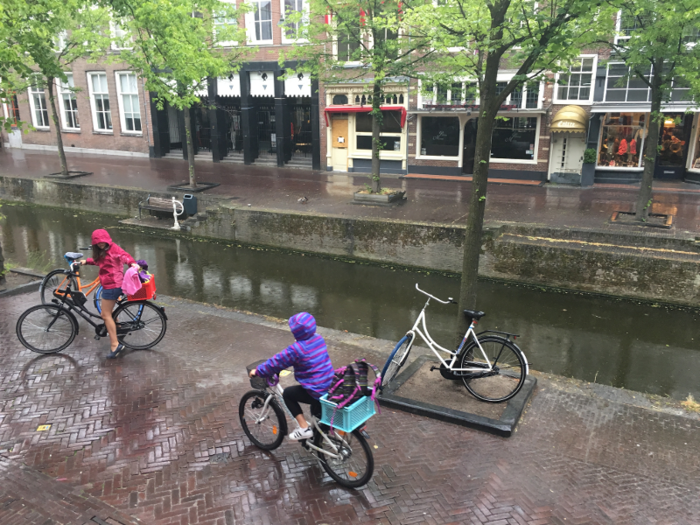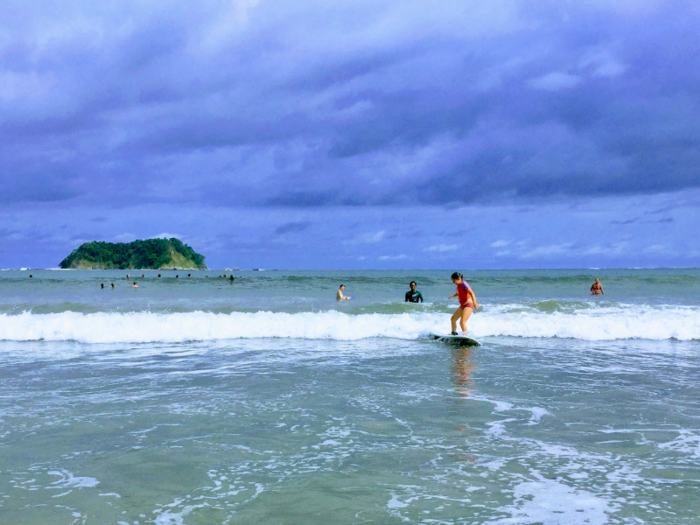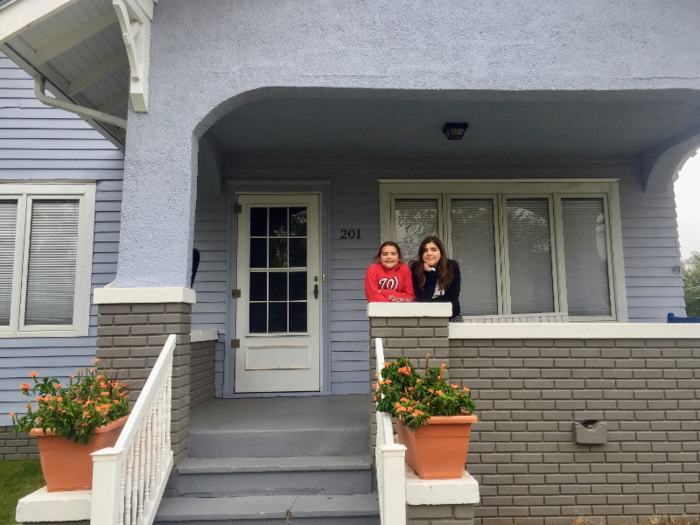One pressure point for the family was the different educational systems their daughters attended. For their older daughter, the Dutch system proved to be particularly difficult.
Kois' eldest daughter, Lyra, encountered the downside of poldering in her Dutch classroom. The group had already decided upon rules before she arrived, meaning she had no say in them.
In the book, Kois describes the significant cultural and social differences between the Dutch and American systems. The American system broadly fosters and prizes individualism, while the Dutch practice a "rigorous equity."
"Dutch schools are dismissive of individual achievement and admirably concerned with fostering an environment in which every child is treated the same, as a part of one well-operating classroom," Kois wrote.
But that didn't translate to a smooth classroom experience for Kois' outspoken daughter, who was facing the additional challenge of a language barrier.
As a kid "who's very particular and very vocal and does not like what she sees as unfairness or injustice, like many American kids who are not afraid to speak up about it, she basically broke her classroom," Kois said.
"Our sort of big overarching takeaway is the kids can basically survive almost any educational system you put them through," Kois continued.
People frequently asked how they made the trip work financially. Kois said there was 'a very explicit trade of money for time.'
Kois said he's frequently asked about how the finances of the trip worked. Now that they're on the other side of their travels, there's a fairly simple answer.
"We don't have any money," Kois said. "I mean we spent all our money, we spent most of our savings."
To prepare for their year, Kois said they saved as much as they could. While on their travels, they brought in income from two books Kois was writing — including the memoir — and Smith continued her work remotely, albeit more sporadically.
They rented out their home in Arlington for a little less than their mortgage payment, and sought out "economical" places to live in their new home bases. They sent their children to public schools and tried "not to make horrible mistakes."
Ultimately, a beloved library in Hays, Kansas revealed something fundamental about community.
After Lyra's first day of school in Hays, Kansas, she and Kois headed through the tiny downtown to the local library. They would end up going there "almost every single day."
"The Hays Library is a public good funded by a tax levy that the people of Hays voted on themselves, run by optimistic, ambitious twenty-five-year-olds, open to all, a home for teenagers where their parents cannot hassle them," Kois wrote. "It is glorious."
Kois recently returned to the library for an invited reading. He described it as "like a miracle."
The library's role in Hays became one of the lessons that Kois retains from his travels.
"I think every place probably in the world has something like that," Kois said. "Has a place that — by design or by accident or by some combination of the two — has turned into a little oasis for, and a little center — like a locus of the community‚ for the people who live there. In Hays' case, it was a library."
Kois said that parents don't need to move around the world for a year to reap similar rewards. Instead, the ethos of the trip is what matters — and what he recommends.
"I think the real lesson of the trip for us — that I feel like other families can take away from — it is not that you need to go away for a year to four different countries for three months, and write a stunt book," Kois said. "The lesson is that you should find the thing that you want for your family, and the thing that seems difficult for your family, and you should do it."



